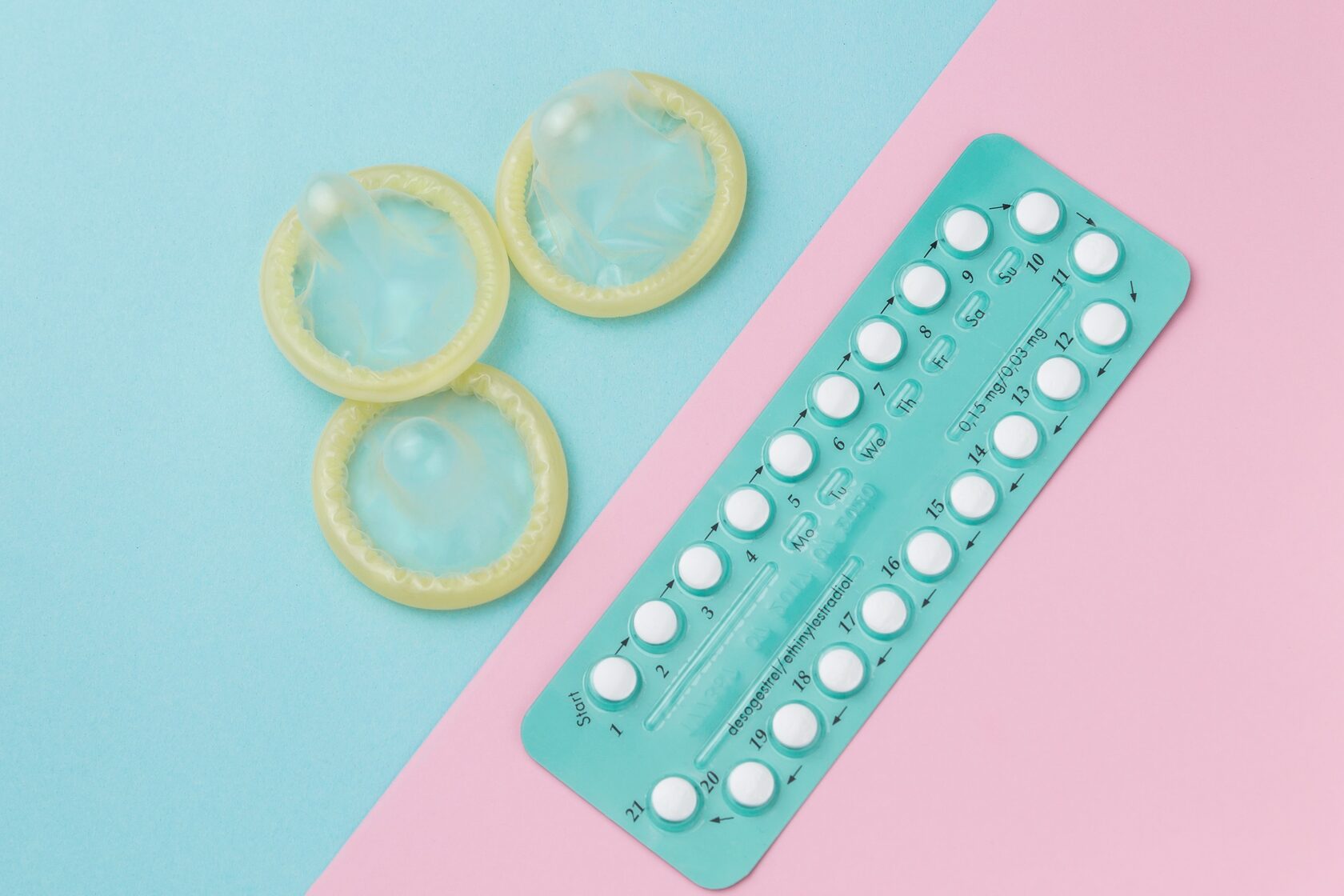The vaginal microflora plays a crucial role in maintaining women's reproductive health. It consists of numerous microorganisms, including beneficial bacteria like lactobacilli, which help maintain pH balance and protect against infections. Different types of contraception can have varying effects on vaginal microflora. Let's explore the main types of contraception and their impact on microflora.
Hormonal Contraceptives
Oral Contraceptives:
Birth control pills contain hormones that can alter the levels of estrogen and progestin in the body. These changes can affect the vaginal microflora, promoting the growth of certain bacteria and suppressing others. In some cases, this can lead to dysbiosis or bacterial vaginosis.
Intrauterine Devices (IUDs):
Hormonal IUDs release progestin, which can also alter the vaginal microflora. Some women using hormonal IUDs may experience an increased risk of bacterial vaginosis.
Barrier Methods
Condoms:
Condoms do not directly impact the vaginal microflora as they create a physical barrier that prevents the entry of sperm and microorganisms. However, using condoms can protect against sexually transmitted infections (STIs) and help maintain a healthy balance of microflora.
Diaphragms and Cervical Caps:
These barrier methods of contraception can affect the vaginal microflora, especially when used with spermicides. Spermicides can disrupt the balance of microflora and promote the growth of pathogenic bacteria.
Spermicides
Spermicides contain chemicals that kill sperm but can also kill beneficial bacteria like lactobacilli. This can disrupt the vaginal microflora and increase the risk of infections such as bacterial vaginosis or yeast infections.
Natural Methods
The Calendar Method:
Natural methods of contraception, such as the calendar method, do not affect the vaginal microflora as they do not involve the introduction of chemicals or devices. However, they require careful tracking of the menstrual cycle and are less effective compared to other methods.
The choice of contraception can significantly impact the vaginal microflora and overall reproductive health. It is important to discuss all possible options and their potential effects on microflora with a healthcare provider to choose the most suitable method for you. Maintaining a healthy vaginal microflora helps prevent infections and supports overall reproductive health.
